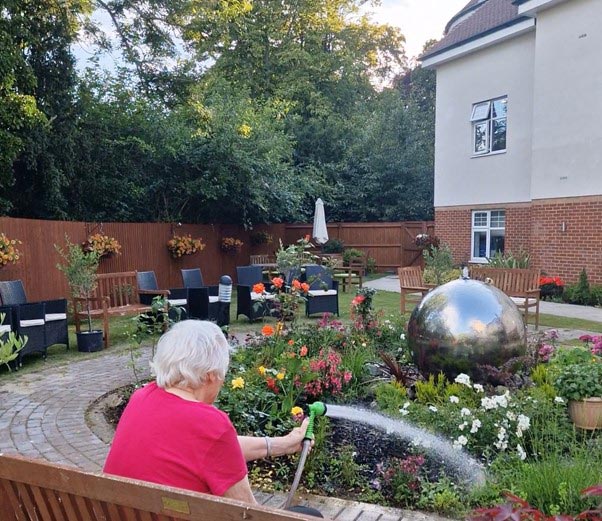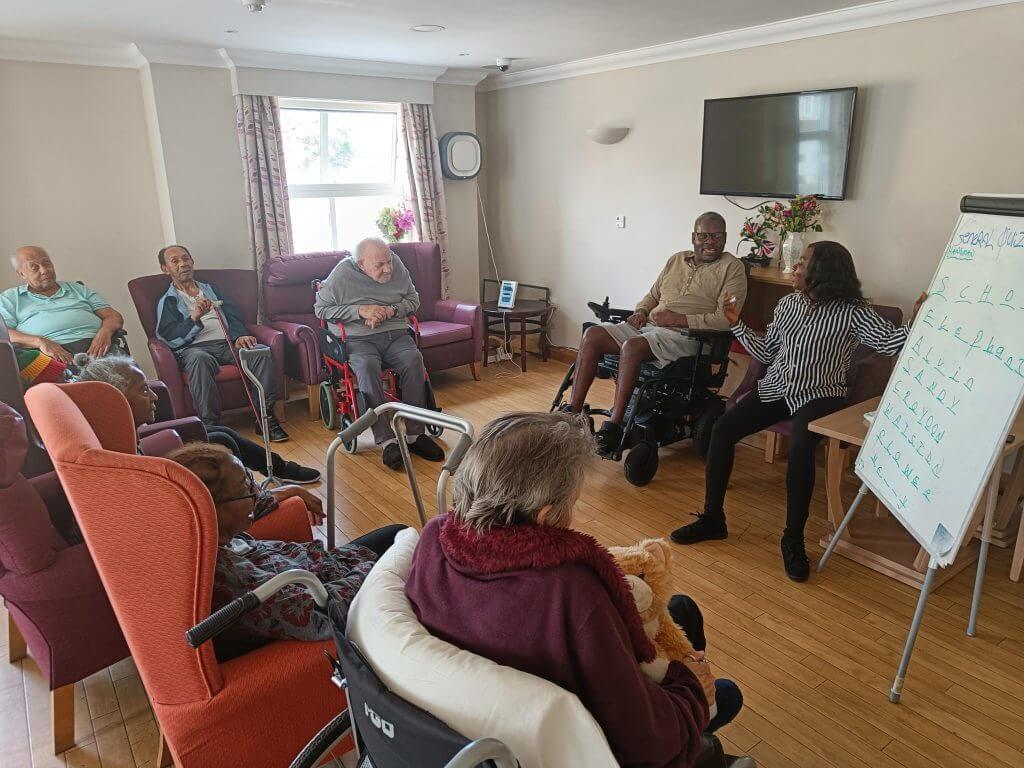Advice & support
Your future matters!
Paying for care
At the Future Care Group we understand that there are many things to consider when making a decision to move yourself or a family member into a care home. One of the biggest considerations is how to pay for care.
As a Group we are open and transparent with our discussions around the cost of care. We are making every effort to make sure that financial issues are planned ahead.
The following points will help you understand the costs involved when moving into a care home and your options for paying your care fees.
However, we are not permitted to give you direct financial advice and therefore we have also provided a list of organisations that offer financial advice.
Find out more about our UK care home fees and funding advice in our Paying for care advice hub.

Our full Terms and Conditions are clearly detailed in our contracts which will be given to you before you move in to your new home. This includes a review of care fees and advice on personal content insurance.

About dementia
At the Future Care Group, we never discriminate against people living with dementia, but we do recognise the unique care needs and offer specialist support for the person and their family at our individual care homes.
There are currently 750,000 people living with dementia in the UK and by 2025 this is expected to rise to over one million. A third of all people living with dementia live in care homes and it is reported that 1 in 3 people who live in non-specialist homes have dementia or undiagnosed symptoms.
Dementia is an incurable condition caused by disease of the brain which over time seriously impairs a person’s ability to live independently. Symptoms include severe memory loss, mood fluctuations, and personality changes. It can present with serious confusion, agitation or aggression and physical changes including poor mobility, weight loss and sleep deprivation.
Future Care Group provides expert dementia care services in our care homes across South East England. Find out more by visiting our Dementia Advice hub.
We hope this overview is helpful to you and we can also signpost you to other organisations if you require further assistance.
Financial advice leaflet
Dementia strategy leaflet
Useful links
- Age Concern, England
- The Association of Independent Care Advisers (AICA)
- CareAware UK
- Care Quality Commission
- The Department of Health
- The Department for Work and Pensions
- Elderley Accommodation Counsel
- Elderly Care Helpline
- Help the Aged
- The Pension Service
- BBC – Information and Support – Dementia
- Dementia UK
- Eldercare Group
- Coronavirus Advice
Knowledge hub

The changing face of residential care from a professional’s perspective
Over the span of recent decades, the landscape of residential care has undergone a notable transformation, mirroring the dynamic shifts in societal values, healthcare paradigms,

Creating sensory gardens for people living with dementia
Designed to appeal to as many senses as possible, a sensory garden can be a very rewarding place to spend time. A garden should be

The correlation between memory and music
Listening to and performing to music has long been intricately connected to a person’s mood. However, the correlation between memory and music seems to be

Early signs of dementia in men
Dementia is a general term used to describe a decline in cognitive function that interferes with a person’s daily life. There are several types of

What is Sundowner’s syndrome in people living with dementia?
Sundowner’s syndrome, also known as sundowning, is a term used to describe behavioural changes where individuals with dementia or cognitive impairment experience increased confusion and

Therapy dolls for dementia: What are they and how do they help?
Therapy dolls, often known as dementia dolls, are specially designed dolls that are used as therapeutic tools for individuals living with dementia, particularly in the

Working with technology to enhance Resident Pain Management using best practice tools
At the Future Care Group, our primary objective is to foster an environment where residents can flourish and find purpose. We go beyond conventional care

Care home food: Common myths debunked
When we welcome residents into our care homes, it’s never long before the conversation turns to what’s on the menu! Historically, care homes have received

What kind of games are good for people with dementia?
People living with dementia may lose their perception of time, their confidence, and focus, but it doesn’t mean they lose their sense of fun. Playing





